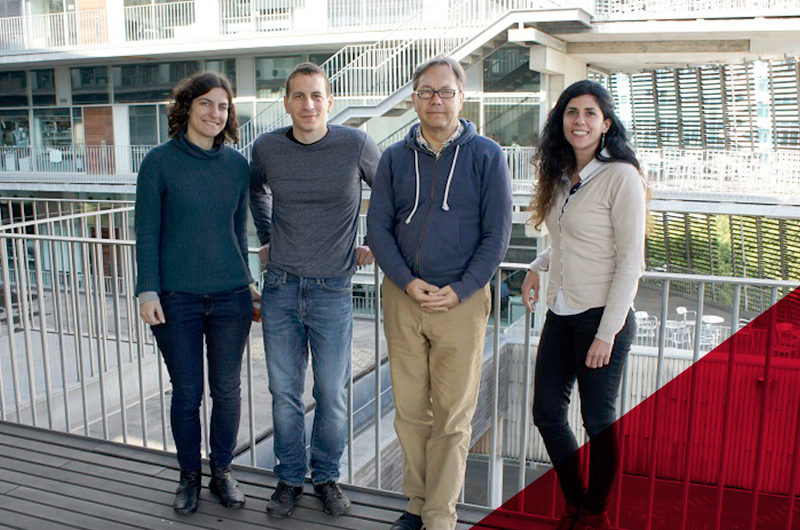Language Evolution
Luc Steels

Group website
Research Outline
The goal of our research is to develop a computational theory for cultural evolution and in particular for the origins and evolution of language. Such a theory necessarily involves three aspects: social, cultural and biological. We focus on the cultural aspect: how new symbols and their meanings arise and keep changing over time. In the past our main emphasis has been on the origins of grammatical structures, which lead to new grammar formalisms and successful experiments in grammaticalization. More recently our emphasis has shifted to understand more complex semantic structures, in particular narratives, and how they are represented, recovered from language or visual inputs, and evolve over time.
Research Lines
Narratives and Personal Dynamic Memory
Language and symbolic communication relies on a personal dynamic memory that contains semantic facts, episodic records, and narrative structures. We are building computational models to explain the formation of personal dynamic memory and its adaptation and growth over time. This includes research into narratives and their computational representation.
Ethical issues in AI
We are participating in the debate in Europe about the development of guidelines and a regulatory framework for AI, particularly in the framework of the EU projects AI4EU and Humane-AI.net. We contributed with the Barcelona Declaration for the proper development and usage of artificial intelligence in Europe (in 2018) and with a specific focus on the the use of AI for collecting, curating, and analyzing archives.
Team during 2019-20
- PhD students: Emilia García-Casademont.
- Technicians: Andrea Barquet.
Selected publications 2019-20
Steels, L. (2019) What needs to be done to ensure the ethical use of AI? In: Proceedings of the Catalan AI Society Conference. In: Artificial Intelligence Research and Development Series. Proceedings of the Catalan AI Society Conference.
Steels, L. (2020) Personal Dynamic Memories are Necessary to Deal with Meaning and Understanding in Human-Centric AI. In: Saffiotti, A, L. Serafini and P. Lukowicz (eds). Proceedings of the First International Workshop on New Foundations for Human-Centered AI (NeHuAI) Co-located with 24th European Conference on Artificial Intelligence (ECAI 2020) CEUR Workshop Proceedings (CEUR-WS.org, ISSN 1613-0073) Vol-2659
Steels, L. and B. Wahle (2020) Perceiving the Focal Point of a Painting with AI: Case Studies on works of Luc Tuymans. In: Rocha, A. et al. (Eds.) Agents and Artificial Intelligence. Proceedings of the 12th International Conference, ICAART 2020. Springer Verlag, Berlin.
